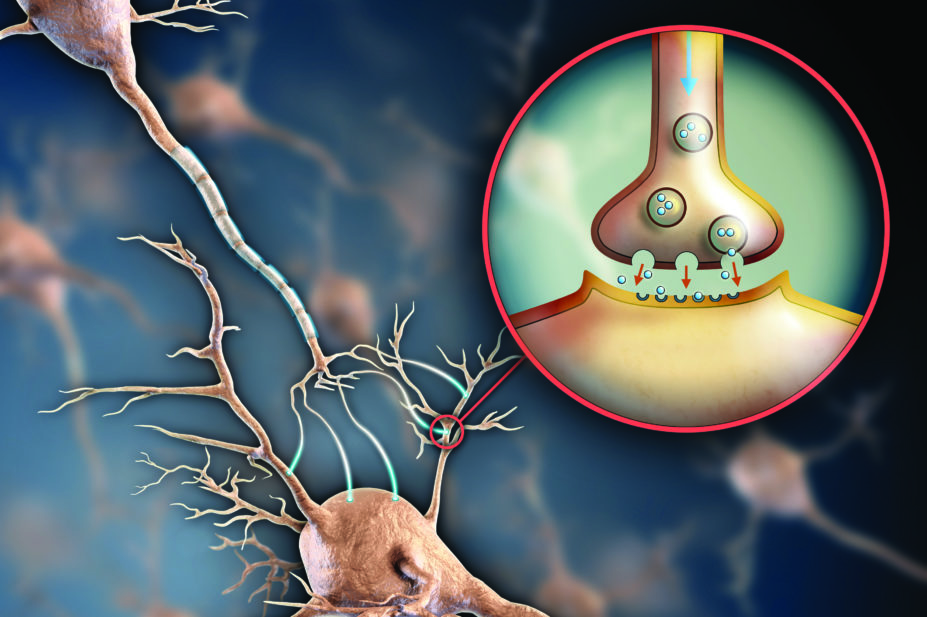
Shutterstock.com
Scientists are trying to develop treatments that harness the rapid depression-relieving effects of ketamine without the risk of unwanted side effects, such as hallucinations and loss of memory.
Previous research in mice found that a ketamine metabolite, known as (2R,6R)-HNK, can exert antidepressive effects similar to ketamine independently of the synaptic N-methyl-D-aspartate receptor (NMDAR) and that this might result in fewer side effects.
In a new study, researchers studied the effect of the metabolite on directly measured synaptic currents in vivo. Using a higher dose than that explored by the other researchers, they showed that the metabolite does block the NMDAR, resulting in a downstream cascade that has been reported responsible for the antidepressant effects of ketamine.
Reporting in Nature
[1]
(online, 21 June 2017), the team say their findings contradict those of their colleagues and indicate that blocking NMDAR is likely to be the mechanism by which (2R,6R)-HNK exerts its long-lasting antidepressant effects.
References
[1] Suzuki K, Nosyreva E, Hunt K et al. Effects of a ketamine metabolite on synaptic NMDAR function. Nature 2017;56:E1–E3. doi: 10.1038/nature22084


